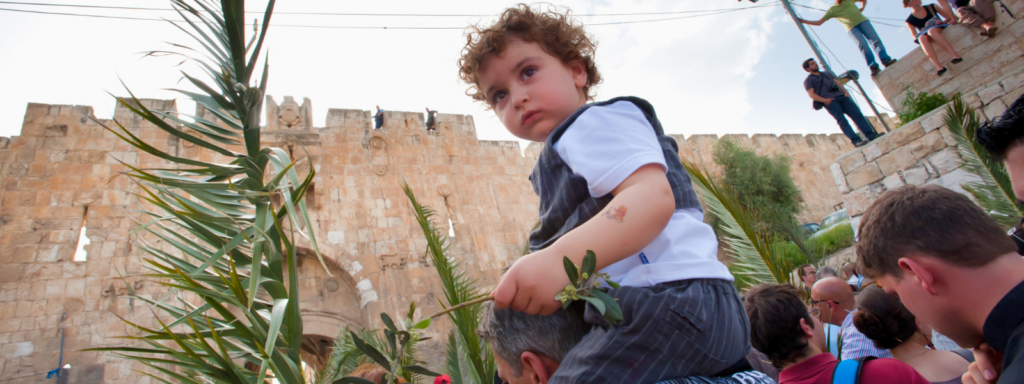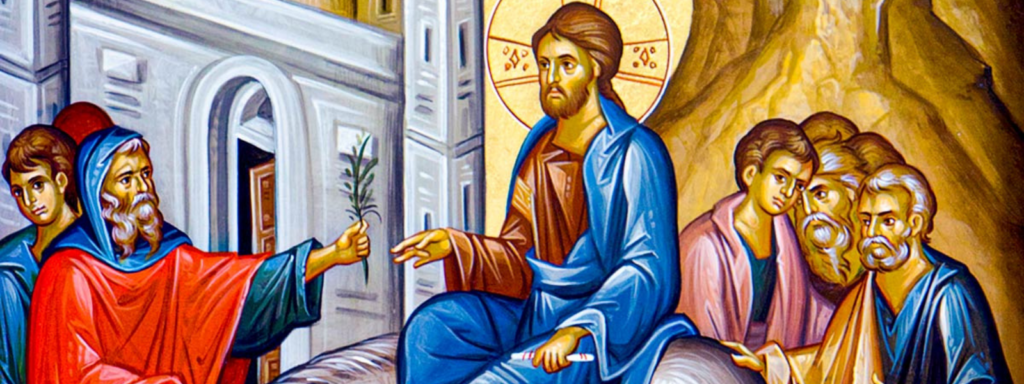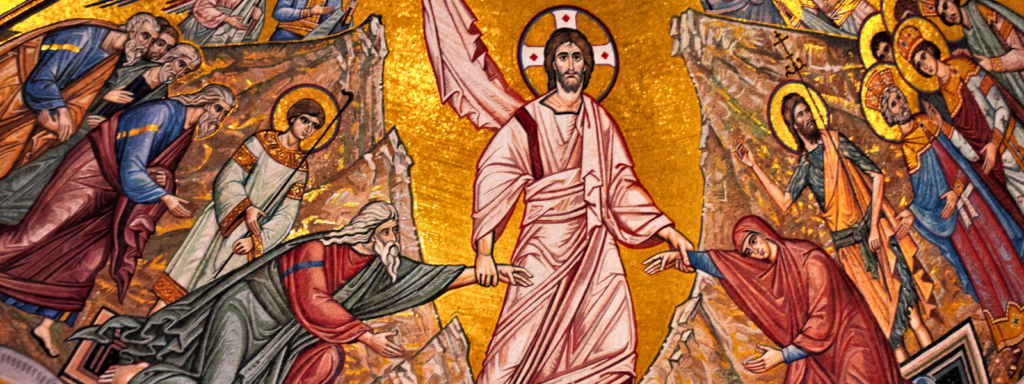Palm Sunday marks the beginning of Holy Week and invites us to reflect on the triumphant entry of Jesus into Jerusalem. Crowds gathered to welcome Him, shouting praises and waving palm branches, recognizing Him as the King who had come to deliver them. But this celebration was filled with layers of meaning, and Jesus’ actions would soon challenge the crowd’s expectations.
1. The King Who is Worthy of Praise (Matthew 21:1-11)
The people of Jerusalem were in a state of eager anticipation. The city was filled with excitement because they believed that their long-awaited Messiah was finally here. As Jesus entered, riding on a donkey, the people spread their cloaks on the road and cut branches from the trees, waving them in His honor. The crowds shouted, “Hosanna to the Son of David! Blessed is he who comes in the name of the Lord! Hosanna in the highest heaven!” (Matthew 21:9).
This moment reveals that Jesus was deserving of the highest praise. He is the fulfillment of God’s promise to send a Savior, the descendant of King David, who would deliver His people. The crowd recognized His messianic identity, even if they misunderstood the nature of His mission. “Hosanna” is a word that means “save us now,” and they were acknowledging Him as the one who could bring salvation.
As we reflect on this scene, we are reminded of the fact that Jesus is worthy of our praise. His coming to earth was an act of ultimate love, and His life, death, and resurrection stand as the most significant acts in human history.
Jesus is the King who deserves our worship, not just in moments of triumph, but throughout our lives. How often do we reserve our praise for times of victory or when things are going well? Jesus, however, deserves our praise in every circumstance, for He is always worthy, even when the road to the cross looms before Him.
2. The King Who Comes in Humility (Matthew 21:4-5)
As we read in Matthew 21:4-5, Jesus chose to ride into Jerusalem on a donkey. This was not the typical image of royalty. In the ancient world, kings would often enter cities on powerful horses, signaling strength, dominance, and military might. But Jesus, in His infinite wisdom, chose to ride on a donkey, a symbol of peace and humility. This choice fulfilled the prophecy of Zechariah 9:9, which states, “See, your king comes to you, gentle and riding on a donkey, on a colt, the foal of a donkey.”
By choosing a donkey, Jesus was making a bold statement. He was not the type of king that the people were expecting—a king who would wield power and crush their enemies. Instead, He was the King who came to serve, to show that true greatness is found in humility and self-sacrifice. His kingdom was not one built on earthly power, but on love, peace, and reconciliation.
This humility stands in stark contrast to how we often view leadership and power. We live in a world that exalts those who are powerful, wealthy, and influential, but Jesus turns that notion on its head. He calls us to follow Him, to live in humility and service, not in self-exaltation.
The King who came to serve calls us to serve others, to lay down our lives for the sake of the Kingdom.
His example challenges us to ask:
In what ways am I living with humility?
How am I reflecting the heart of Jesus in my relationships, my work, and my community?
3. The King Who Brings Peace (Matthew 21:10-11)
As Jesus entered Jerusalem, the whole city was stirred, and the people asked, “Who is this?” (Matthew 21:10). The crowds answered, “This is Jesus, the prophet from Nazareth in Galilee” (Matthew 21:11). Though the people hailed Jesus as the Messiah, their understanding of peace was still limited. They were expecting a political leader who would overthrow the Roman Empire and restore Israel to its former glory. Yet, Jesus’ mission was far greater and more profound.
Jesus came to bring peace, not through force or military conquest, but through reconciliation with God. His death on the cross would be the ultimate act of peace. He restored us to a right relationship with God.
The peace that Jesus offers is not the absence of conflict, but the presence of His transforming grace in our hearts and lives.
It is a peace that surpasses all understanding, a peace that comes from knowing that we are loved and accepted by God, no matter our circumstances.
The King who entered Jerusalem on a donkey would soon lay down His life on the cross, bringing peace between God and humanity.
His peace extends to every corner of our lives—our relationships, our fears, our struggles—and it offers us hope that in the midst of a broken world, we can experience the unshakable peace of Christ.
Let’s Enter Holy Week with Reflection
On this Palm Sunday, we are invited to reflect on the nature of Jesus as the King who came to serve.
He is the King who is worthy of our praise, not just in moments of triumph, but in every moment of our lives.
He is the King who comes in humility, calling us to follow His example of self-sacrifice and service.
And He is the King who brings peace, a peace that transcends the chaos of the world and offers us hope, reconciliation, and rest.
As we enter into Holy Week, let us open our hearts to the reality of who Jesus is and what He has done for us.
May our lives reflect His humility, His love, and His peace, as we follow Him on the path to the cross and beyond. And may we join the crowds of Jerusalem in proclaiming, “Hosanna! Blessed is He who comes in the name of the Lord!” Amen.






0 Comments